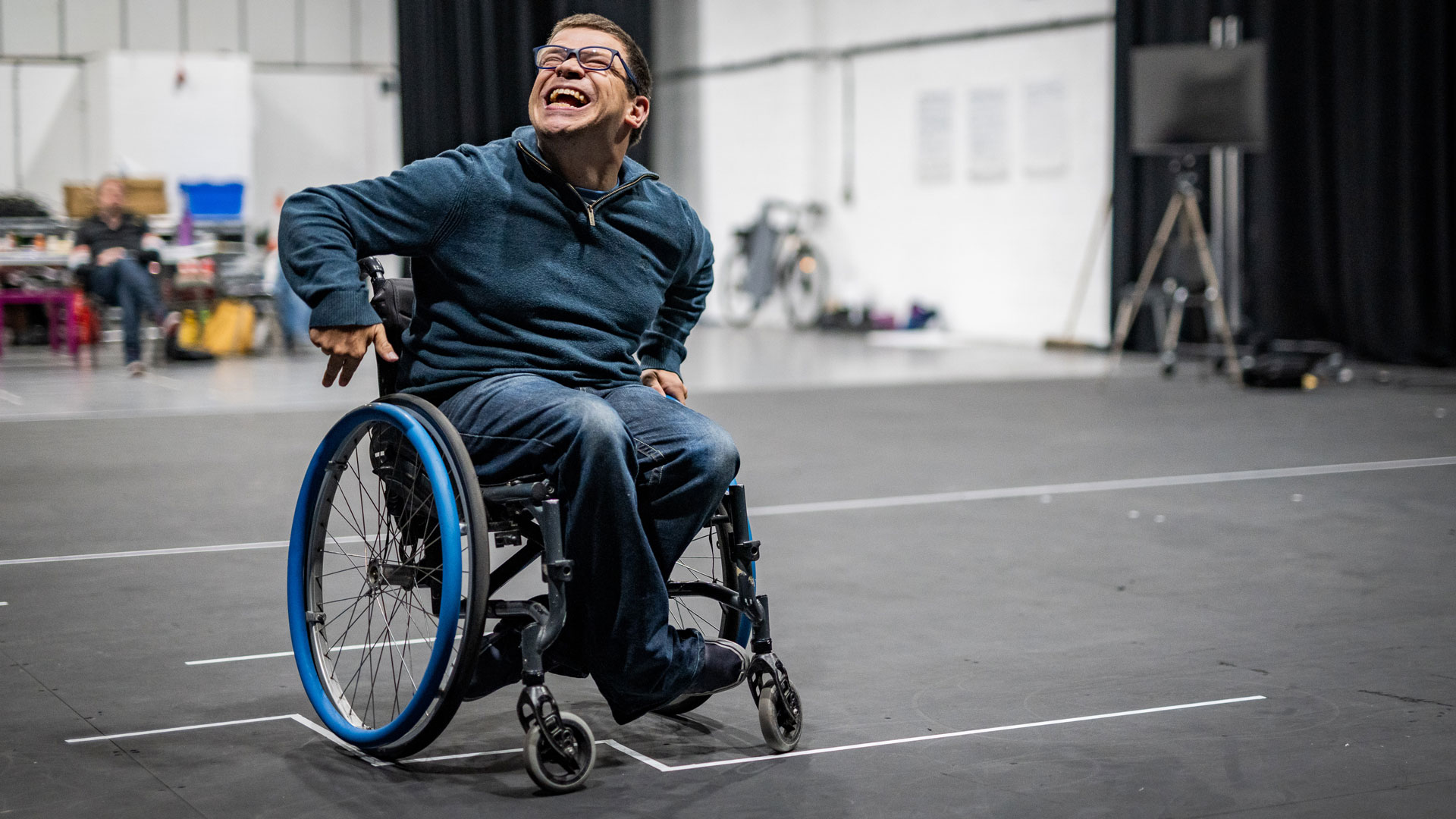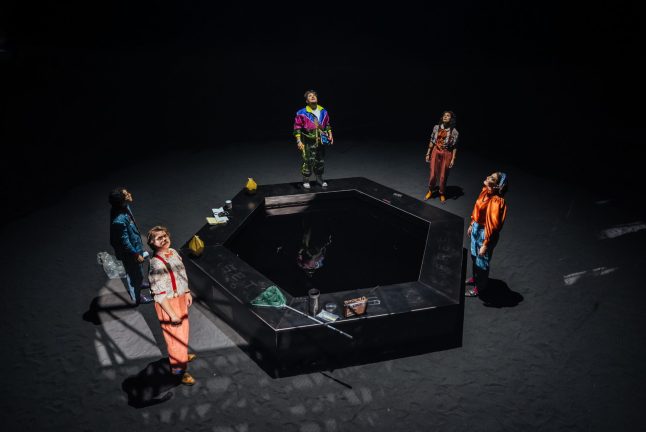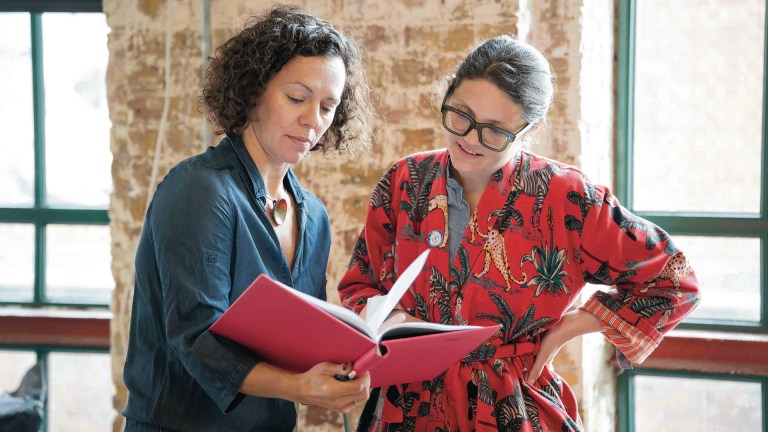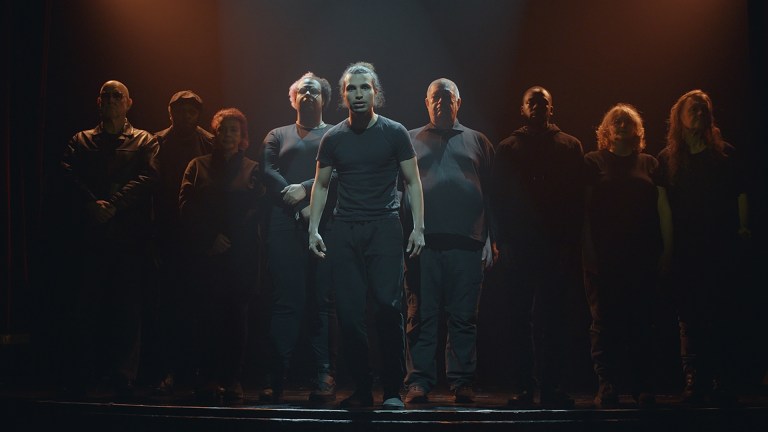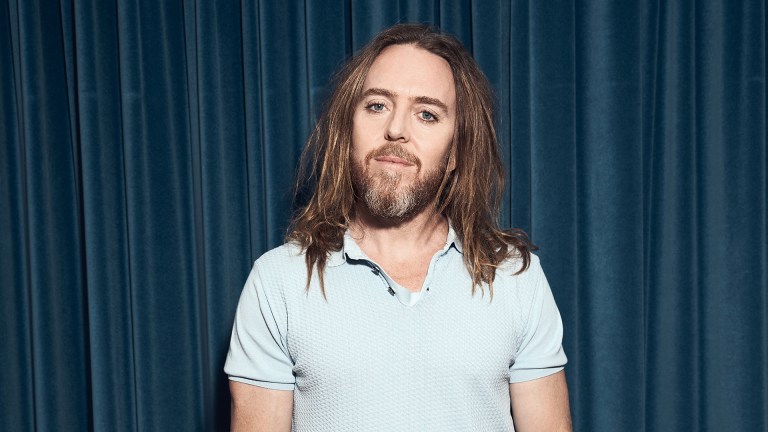Robert Softley Gale is the artistic director at Birds of Paradise Theatre Company [BOP], Scotland’s inclusive touring theatre company, working with disabled and non-disabled professional artists. He explains how their new production, Don’t. Make. Tea. finds the black humour in the PIP assessments by which people with disabilities have their benefits eligibility calculated. It’s a process that often leaves those on the receiving end, like Softley Gale, feel that they are “valued less”.
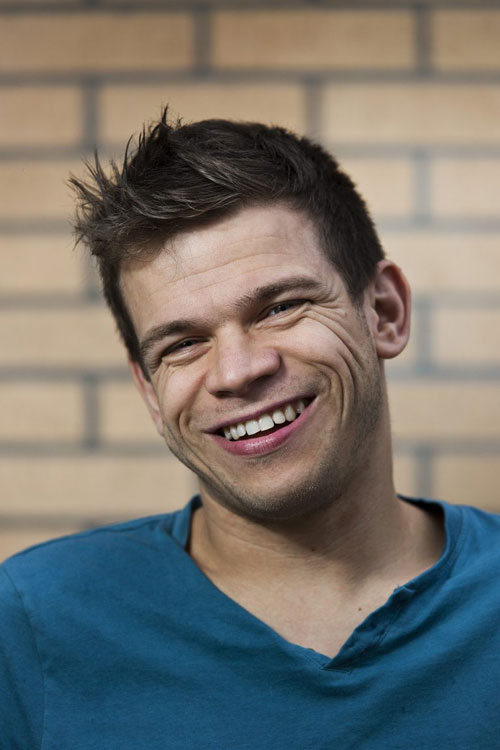
I’m not the first to say that disability benefits assessments aren’t the obvious subject for a new comedy. Even the mention of a new PIP assessment raises the anxiety levels of many disabled people. But at Birds of Paradise we aren’t ones to shy away from doing the less-than-obvious, so when playwright Rob Drummond approached us with this idea for a dark comedy about the absurd nature of our benefits system, we said yes quickly.
There’s a fundamental question for me as a disabled theatre maker – what value do we, as a society, place on disabled people? Our gut response to this is usually to say that we protect disabled people and their rights, we support disabled people to live and so on. But maybe our benefits system and how it operates is one of the most tangible expressions of how we really see disabled people – in a ‘put your money where your mouth is’ way.
We had originally planned to stage Don’t. Make. Tea. in 2020 but, well, we all know why that couldn’t happen. We then worried that the themes would feel less relevant two years later – BOP have been putting the stories of disabled people onto the stage for over 29 years and now, more than ever, feels like the perfect time to ask these questions.
Covid-19 had a devastating impact on a global scale, but disabled people were disproportionately affected. Disabled men were 3.1 times more like to die than non-disabled men during the second wave of the pandemic according to government figures; disabled people were given ‘Do Not Resuscitate’ notices on their medical files, sometimes without their knowledge or consent. So the message to disabled people in the UK over the past two years has been loud and clear – we are less important, we are valued less.
A key point for me around disability benefits is that there are no easy answers or fixes – the bar for who qualifies and who doesn’t will always exclude some people and an infinite source of money doesn’t solve the core issue. Theatre is good at tackling subjects that aren’t clear-cut – we can pose questions and encourage debate and conversations. We’ve got no way of knowing where these discussions will go but having them now, after everything we’ve experienced together and separately, feels crucial.
